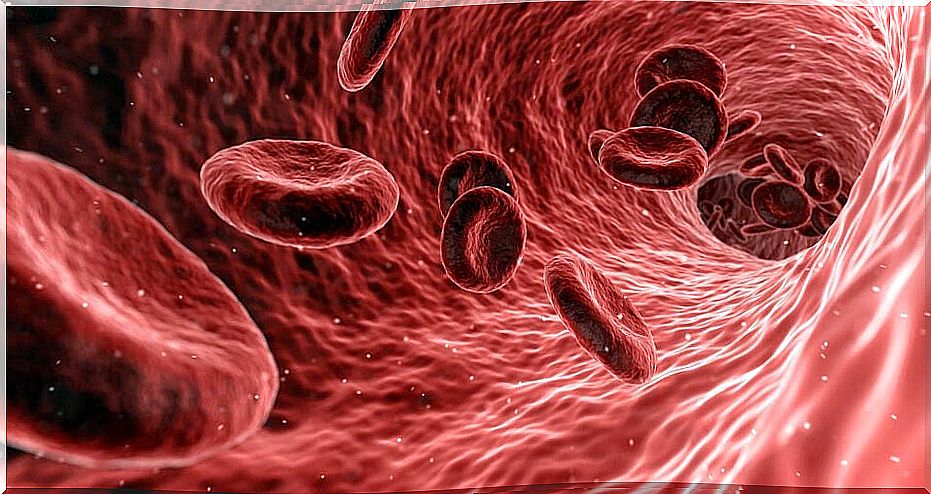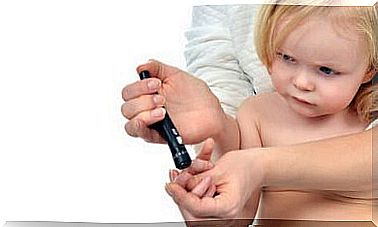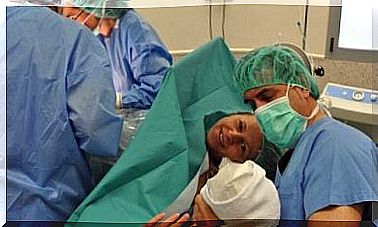Hughes Syndrome And Miscarriages

Are you trying to get pregnant and your wish is a pregnancy that ends with a happy ending? If you have had one or more miscarriages, you may have Hughes syndrome.
This recent pathology has been the subject of several studies that currently allow treating patients and offering better quality of life.
What is Hughes syndrome?
It is a rare condition in which the blood has a slimy, sticky texture. This feature causes clots to form in the blood vessels, which is called thrombosis.
It can happen in any vein in the circulatory system, including arteries, which increases the risk of suffering a stroke.
In the case of pregnant women, miscarriages occur in the second trimester of pregnancy because the placenta is not resistant.

Causes of Hughes Syndrome?
This disease is also known as Antiphospholipid Antibody Syndrome (APS). This is the cause of the disease, the production of abnormal proteins called antiphospholipid antibodies in the blood. These antibodies stimulate the activity of the immune system, favoring accelerated blood clotting.
Types of Hughes Syndrome
- Primary. It is considered primary when it is not associated with other diseases such as lupus.
- Secondary. It is the condition generated by an autoimmune disease, which causes damage to various systems in the body, including the vascular one.
Hughes syndrome symptoms
In general, this disease does not have symptoms that warn of its presence. However, it has some signs that can be confused with other diseases. The most frequent ones can be:
- Severe headaches (migraines).
- Joint pain.
- Disorders in blood circulation.
- Cold skin.
- And, in acute cases, epilepsy and purplish skin color. Especially on the skin around the knees and elbows.
In pregnant women suffering from Hughes syndrome, miscarriages occur within the first ten weeks of pregnancy. In some cases, it is possible to reach week 34 to have a premature birth.
How is Hughes syndrome diagnosed?
For the diagnosis of this syndrome, first, it is necessary to go to a medical appointment. Then, the doctor will analyze the woman’s history and family history, will perform a physical examination and request some laboratory tests to rule out the presence of the disease.
To make the diagnosis, one tries to observe the presence of antiphospholipid antibodies in blood tests.
It is also important to provide your doctor with information about the appearance of blood clots, as well as any other symptoms.
It is noteworthy that Hughes syndrome is a disease that is detected in people of all ages and that, with good treatment, it is possible to have a good quality of life.
Frequent complications of Hughes syndrome
This disease can be treated with aspirin, heparin or warfarin. All of these anticoagulants, in specific doses, help prevent blood clots from forming.
If the disease is not diagnosed in time, Hughes syndrome can cause other complications such as stroke, stroke, blindness and also heart attacks. Also, the formation of clots in the body reduces constant blood flow.
Another complication related to this disease is the possible formation of a blood clot in the lung. This causes difficulty breathing, chest pain and coughing.

Hughes syndrome and pregnancy
Despite all the complications that Hughes syndrome causes, it is possible to have a pregnancy with a happy ending. In cases of planned pregnancies, pretreatment to dilute the blood before conception is recommended.
Otherwise, the woman may have clots in the placenta that will impede the flow of nutrients to the baby, causing miscarriages or pre-eclampsia.
On the other hand, if conception has already taken place, most doctors will prescribe it in adequate doses. This treatment helps to reduce blood viscosity and can therefore guarantee a happy ending in up to 80% of cases.
In conclusion, proper treatment allows you to fight a successful battle against Hughes syndrome and prevent miscarriages.









